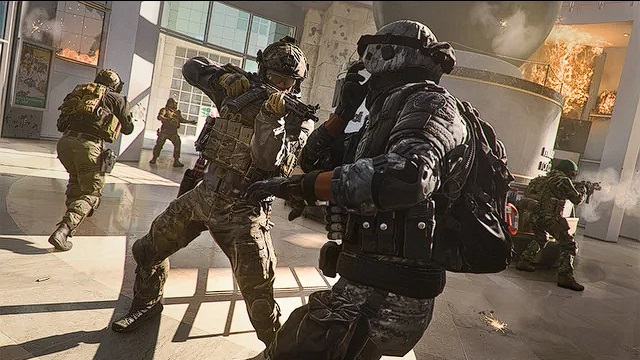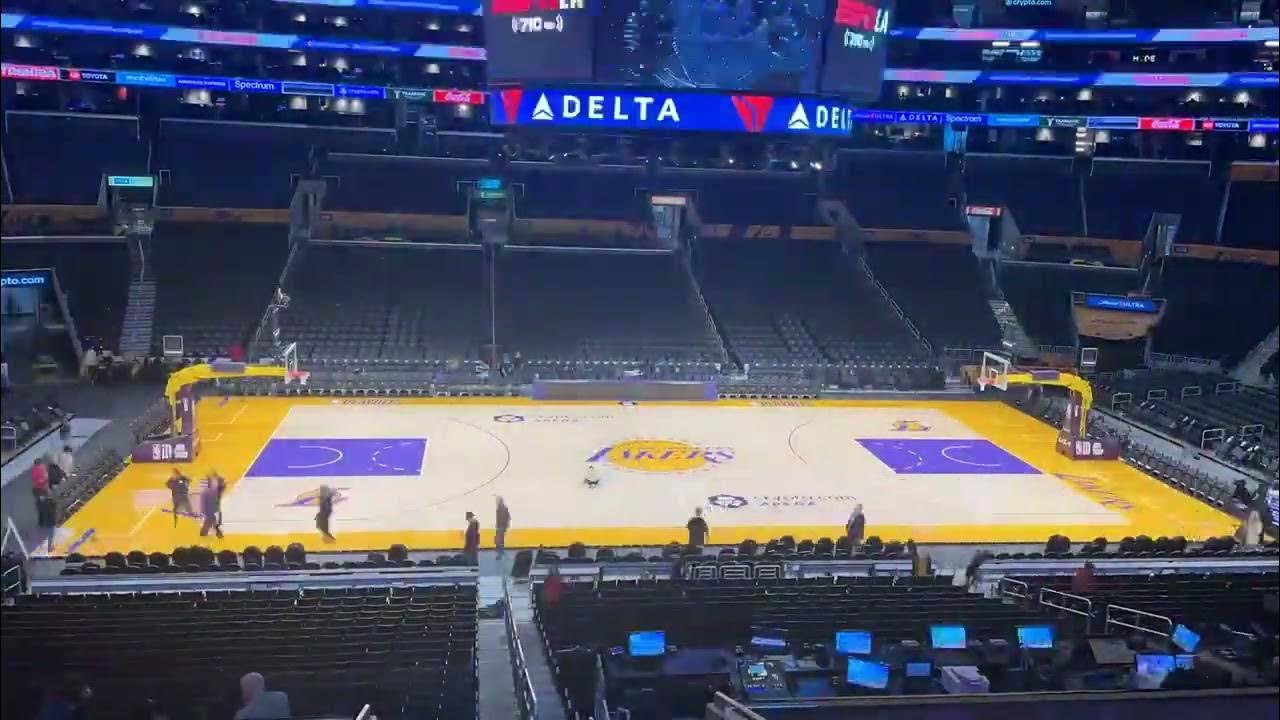Federal Trade Commission Appeals Microsoft-Activision Merger Decision

Table of Contents
H2: The FTC's Arguments Against the Merger
The FTC's core concern revolves around the potential for reduced competition within the video game market. They argue that Microsoft's acquisition of Activision Blizzard, the creator of iconic franchises like Call of Duty, World of Warcraft, and Candy Crush, grants Microsoft an unfair competitive advantage. The FTC claims this could stifle innovation and harm consumers. Their arguments center around several key points:
- Reduced competition among game consoles: The FTC fears that Microsoft could leverage its ownership of Activision Blizzard's titles, particularly Call of Duty, to give its Xbox console an unfair edge over competitors like Sony's PlayStation and Nintendo's Switch. This could lead to less innovation and choice for gamers.
- Higher prices for gamers: By controlling popular franchises, Microsoft might raise prices for games or impose restrictions on access, ultimately leading to increased costs for consumers.
- Limited consumer choice: The FTC argues that the merger could limit consumers' choices by making Activision Blizzard's games less accessible on competing platforms. Exclusivity deals would become a powerful tool for Microsoft, potentially damaging the competitive landscape.
- Potential for Microsoft to exclude rivals from accessing Activision's games: This is a particularly potent argument, focusing on the potential for Microsoft to make Activision Blizzard’s games exclusive to Xbox, severely impacting competitors. The FTC highlights Call of Duty's immense popularity as a central concern.
H2: Microsoft's Defense of the Merger
Microsoft vehemently denies the FTC's claims, arguing that the merger will actually increase competition and innovation within the gaming industry. They highlight several points in their defense:
- Claims of increased competition and innovation: Microsoft asserts that the merger will allow for greater investment in game development, leading to more high-quality titles and a broader range of gaming experiences for consumers.
- Promises to maintain Call of Duty on PlayStation: A significant part of Microsoft's defense revolves around its repeated commitments to keep Call of Duty available on PlayStation, a crucial aspect given the game's massive popularity on that platform. This commitment aims to directly address the FTC's concerns about reduced competition.
- Arguments about the expansion of the gaming market: Microsoft contends that the merger will expand the gaming market, benefiting consumers with more choices and a wider range of gaming experiences across different platforms.
- Details of proposed remedies to address FTC concerns: Microsoft has also presented proposals to mitigate any potential anti-competitive concerns, including offering various concessions to appease the FTC and ensure continued fair competition in the gaming market.
H2: The Legal Battle and its Implications
The FTC's appeal initiates a complex legal process, potentially involving lengthy court proceedings and multiple appeals. The outcome will have significant repercussions:
- Timeline of the legal proceedings: The legal battle could stretch for months, even years, delaying the completion of the merger. This uncertainty impacts both companies' stock prices and future planning.
- Potential for delays in the merger completion: The FTC's appeal creates significant uncertainty regarding the merger's timeline, potentially causing delays and impacting both Microsoft and Activision Blizzard's business strategies.
- Impact on stock prices of Microsoft and Activision Blizzard: The ongoing legal battle directly affects the stock prices of both companies, creating volatility in the market as investors react to developments in the case.
- Precedent set for future antitrust cases: This case will undoubtedly set a significant precedent for future antitrust cases involving large mergers and acquisitions in the tech industry, particularly within the gaming sector.
H2: Public Opinion and the Future of Gaming Consoles
Public reaction to the FTC's appeal and the merger itself is mixed, with strong opinions expressed on social media and within gaming communities.
- Social media sentiment analysis: Social media platforms are buzzing with discussions, showcasing a wide range of views, from fervent support for the merger to concerns about its potential impact on the gaming landscape.
- Gamer community discussions and concerns: Gamers are actively debating the potential consequences, particularly regarding the future of Call of Duty and cross-platform play.
- Industry analyst predictions and commentary: Industry analysts offer varied predictions, with some expecting the merger to proceed eventually, while others foresee significant hurdles and potential changes in the gaming market.
- Potential long-term effects on game development and distribution: The outcome of this appeal could have far-reaching consequences for game development, pricing, and distribution models, shaping the future of gaming for years to come.
Conclusion: The FTC Appeal and the Future of the Microsoft-Activision Merger – What's Next?
The FTC appeals Microsoft-Activision merger decision highlights a critical battle for the future of the gaming industry. The FTC’s concerns about reduced competition are countered by Microsoft’s arguments regarding increased innovation and market expansion. The legal proceedings will be crucial in determining the outcome and setting a precedent for future antitrust cases. The impact on gamers, console manufacturers, and the broader tech sector is undeniable. Stay informed about further developments in this ongoing legal battle; follow the case closely and share your opinions on how the FTC appeals Microsoft-Activision merger decision will impact the future of gaming. Your voice matters in this crucial debate.

Featured Posts
-
 Refinancing Federal Student Loans With A Private Lender What You Need To Know
May 17, 2025
Refinancing Federal Student Loans With A Private Lender What You Need To Know
May 17, 2025 -
 Angel Reese And Di Jonai Carrington Wnba Players Poised For Strike During Cba Negotiations
May 17, 2025
Angel Reese And Di Jonai Carrington Wnba Players Poised For Strike During Cba Negotiations
May 17, 2025 -
 7 Bit Casino Leading No Kyc Casino With Fast Withdrawals In 2025
May 17, 2025
7 Bit Casino Leading No Kyc Casino With Fast Withdrawals In 2025
May 17, 2025 -
 La Lakers Game Highlights And Reports Vavel Us
May 17, 2025
La Lakers Game Highlights And Reports Vavel Us
May 17, 2025 -
 Eid Al Fitr 2025 Dubai Travel Advisory And Expected High Passenger Traffic At Dxb
May 17, 2025
Eid Al Fitr 2025 Dubai Travel Advisory And Expected High Passenger Traffic At Dxb
May 17, 2025
